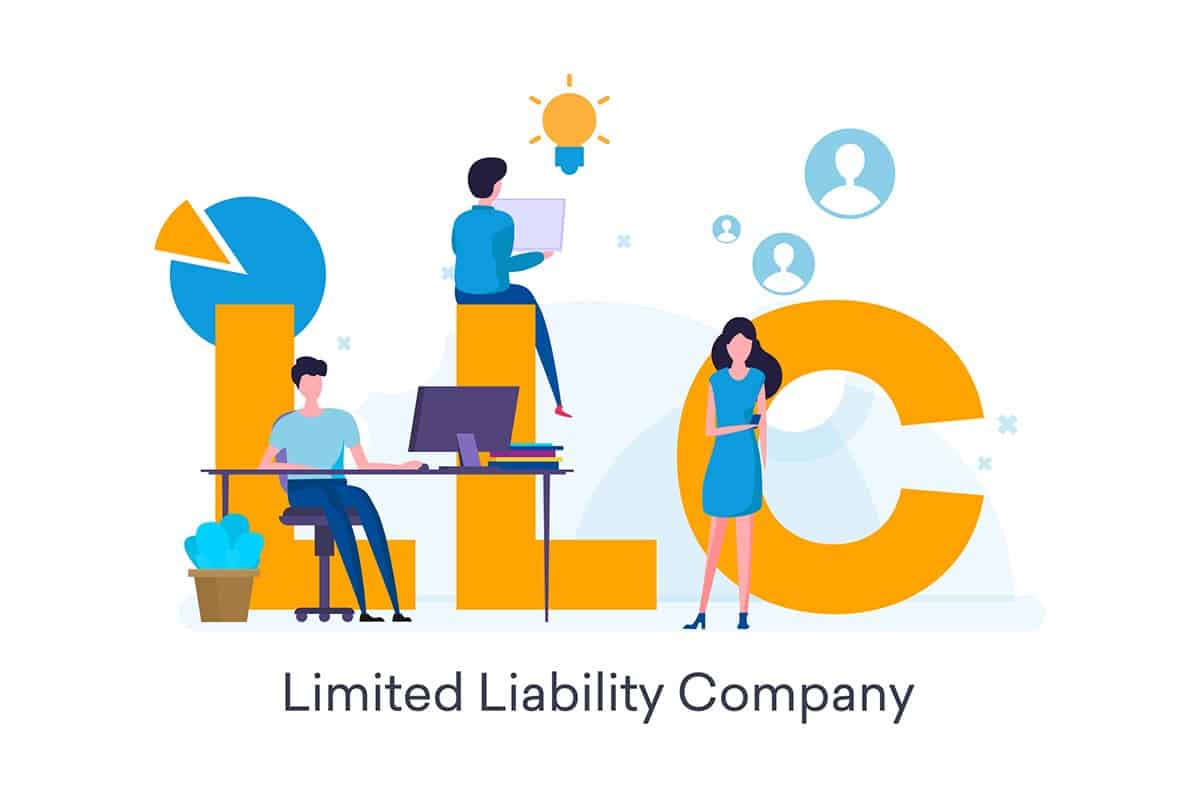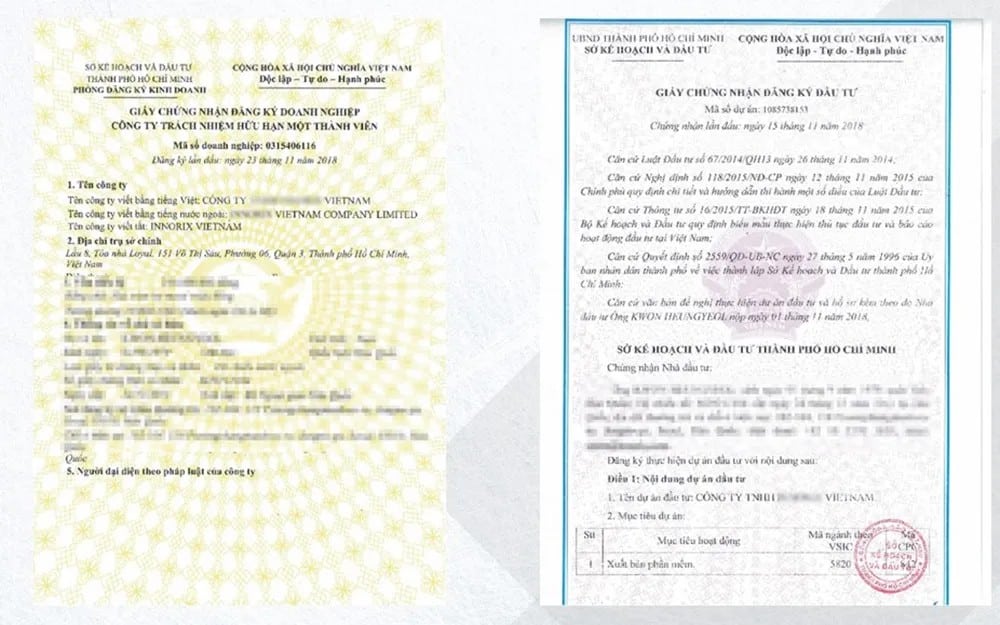Company Formation Services: A Step-by-Step Legal Guide for Vietnam
Starting a business in Vietnam offers significant opportunities within one of Southeast Asia’s most dynamic economies. With its growing market, favorable investment policies, and young entrepreneurial culture, many local and foreign entrepreneurs are looking to establish their companies in this vibrant landscape. However, navigating the legal complexities of company formation can be challenging. This article provides a comprehensive step-by-step guide to the legal process of forming a company in Vietnam, emphasizing the necessary legal services and considerations along the way.
Step 1: Determine the Type of Business Entity
Vietnam allows several types of business entities, each with distinct legal implications, tax obligations, and operational flexibility. The first step in company formation is choosing the appropriate structure for your business. Common types include:
1.1 Limited Liability Company (LLC)
- An LLC is the most common form for small to medium-sized enterprises. It limits the owners’ liability to their capital contributions and can have between 1 to 50 members.

1.2 Joint-Stock Company (JSC)
- A JSC has a minimum of three shareholders and allows the company to issue shares to public investors. It’s suitable for larger businesses seeking to raise capital through stock issuance.
1.3 Foreign Invested Enterprise (FIE)
- FIEs can either be 100% foreign-owned or joint ventures with Vietnamese partners. This option allows foreign investors to participate in Vietnam’s economy while sharing risks with local entities.
1.4 Partnership
- A partnership involves two or more individuals or entities that collaborate to operate a business, sharing profits and liabilities. Each partner is personally liable for the business’s debts.
Legal Service Consideration: Consulting with a business lawyer who understands local law is vital to correctly determine the best business structure for your needs.
Step 2: Choose a Company Name
Selecting a unique and appropriate name for your company is essential. The name must comply with Vietnamese regulations, avoiding any terminology previously reserved for companies in sensitive industries and ensuring there are no conflicts with existing company names.
Legal Service Consideration: A lawyer can help in performing name checks to ensure that the desired name complies with the law and isn’t registered by another entity.

Step 3: Prepare Required Documents
The next step involves gathering the necessary documentation for company formation. Common documents include:
3.1 Investment Registration Certificate (IRC)
- This document is required for foreign investors wishing to establish a business in Vietnam. It outlines the investment objectives, capital, and scale of the project.

3.2 Enterprise Registration Certificate (ERC)
- The ERC is essential for all enterprises operating in Vietnam, whether foreign or domestic. It outlines the company’s legal status and activities.
3.3 Charter of the Company
- The company charter operates as the internal governance document, detailing the rules and regulations for managing the enterprise.
3.4 Identification Documents
- These include passports or ID cards of the business owners and representatives.
Legal Service Consideration: Legal advisors can assist in preparing and reviewing these documents, ensuring they meet all regulatory requirements.
Step 4: Open a Bank Account and Deposit Capital
To proceed with company formation, you must open a bank account in Vietnam and deposit the required capital specified in the company charter. The minimum capital requirement can vary depending on the type of business entity and its industry sector.
Legal Service Consideration: Engaging a local bank or legal expert can facilitate the process of opening an account and providing guidance on deposit requirements.

Step 5: Submit Application for IRC and ERC
Once the necessary documentation is prepared and the capital has been deposited, the next step involves submitting the application for the Investment Registration Certificate (IRC) and the Enterprise Registration Certificate (ERC) to the Department of Planning and Investment (DPI) in the relevant province or city.
Legal Service Consideration: It is advisable to work with a business lawyer or legal service to ensure your application is complete, accurate, and compliant with local requirements.
Step 6: Obtain Licenses and Permits
Depending on your business activities, you may need to obtain additional licenses and permits to operate legally in Vietnam. Common licenses include:
- Business License: Required for operating certain industries, such as food and beverage or education.
- Environmental Permits: Needed for businesses with potential environmental impacts.
- Health and Safety Licenses: Critical for companies in the healthcare and food sectors.
Legal Service Consideration: Legal professionals can help identify the specific licenses needed for your business and guide you through the application process.

Step 7: Tax Registration
After obtaining the IRC and ERC, your company is required to register for tax purposes. This involves obtaining a Tax Identification Number (TIN) from the General Department of Taxation. The TIN is necessary for fulfilling tax obligations, including VAT and corporate income tax.
Legal Service Consideration: Engaging a tax advisor or legal expert can help ensure compliance with Vietnam’s tax laws and facilitate the tax registration process.
Step 8: Register for Social Insurance
Under Vietnamese law, employers are required to register for social insurance for their employees. This registration includes contributions for health insurance, unemployment insurance, and pension insurance.
Legal Service Consideration: A business lawyer or HR consultant can assist with the registration process and compliance with labor laws regarding social insurance obligations.

Step 9: Commencement of Operations
Once all registrations and licenses are obtained, you are ready to commence operations. However, it is crucial to continue adhering to regulatory requirements and maintain proper records of all business activities.
Legal Service Consideration: Consulting ongoing legal counsel for operational matters ensures compliance with local laws and minimizes the risk of future disputes.
Step 10: Ongoing Compliance and Reporting
Companies must comply with a series of ongoing regulations, including financial reporting, tax filings, and labor law requirements. Regularly update your business documents, maintain good standing with the relevant authorities, and ensure employees receive required training.
Legal Service Consideration: Establishing a relationship with a legal or compliance advisor can help ensure that the company navigates ongoing compliance requirements effectively.
Conclusion
Starting a business in Vietnam can be rewarding with the right planning and execution. The process of company formation involves several legal considerations that require attention to detail and compliance with local regulations. By following this step-by-step guide and engaging professional legal services, entrepreneurs can streamline the formation process, protect their interests, and position their businesses for success in a competitive market. Establishing a solid foundation at the outset is essential for long-term growth and sustainability in Vietnam’s evolving economic landscape.
